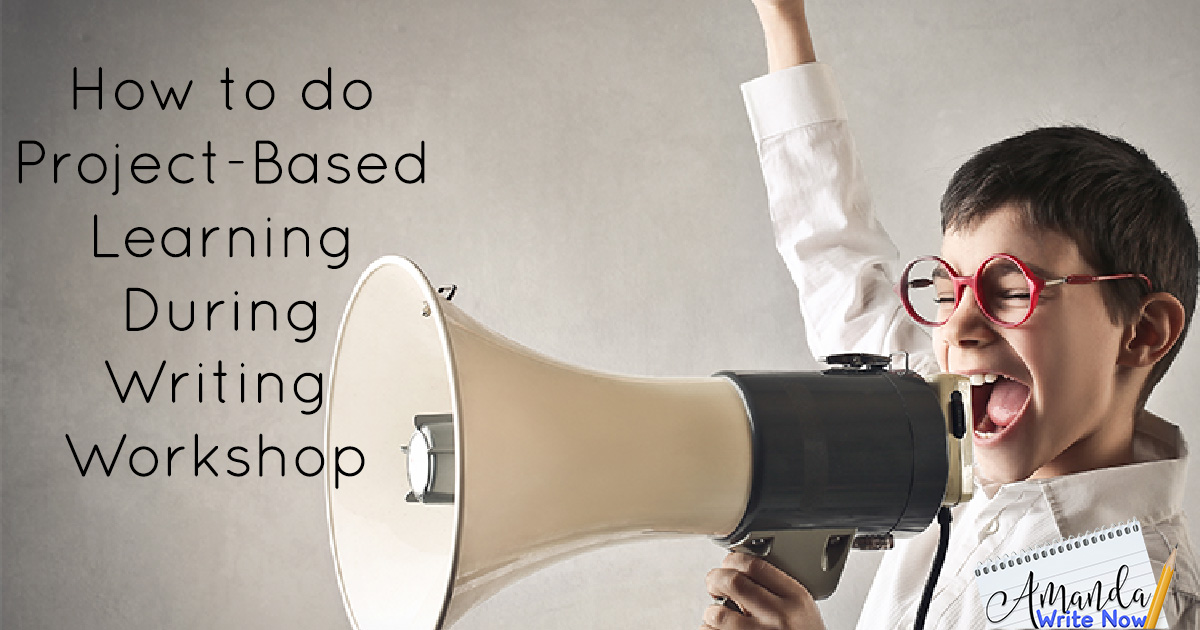
What is Project Based Learning? According to The Buck Institute, “Project Based Learning occurs when students gain knowledge and skills by working for an extended period of time investigating and responding to an engaging and complex problem, challenge or question.” There are 6 essentials: A driving question, student voice and choice, 21st century skills, inquiry and innovation, feed back and revision and a publicly presented product.
What is writing workshop? According to Wikipedia, writing workshop is, “coaching students to write for a variety of audiences and purposes.” Writing workshop is all about growing a community of writers who spend the majority of their time writing for real audiences.
So, how are Project Based Learning and writing workshop they related? During writing workshop students are working toward the goal of producing a product. They are learning by doing, just like during a Project Based Learning unit! In this video I discuss how my teaching transformed because of one spur of the moment decision…
Now, I will go over how you can embed each of the PBL essentials into your writing workshop class…
Your driving question explains what the project is and the purpose. The “need to knows” are questions that arise in response to the driving question. Here are some examples of driving questions you could use during writing workshop and need to knows that come up:
Your students may not come up with all these “need to knows” on their own. It is your job to guide them through the discussion and lead them to ask these kinds of questions. You could say, “What sorts of things do we need to know in order to accomplish this project or answer this driving question?”
It is also incredibly important that when you ask the driving question you build up excitement about the upcoming unit with an entry event. Below you’ll find a playlist of real classroom entry events!
During writing workshop students should have lots of choice about the topics they write about. This is why I don’t like prompts. Prompts limit choice and require students to have background knowledge they might not have in order to complete the prompt.
The teacher chooses the genre and the rest should be up to the student!
If your class is writing a persuasive letter or creating a persuasive presentation they should be able to pick the topic they feel most passionate about. Maybe they are concerned about litter on the playground, that recess is too short or that your school needs new play equipment. You get the point, I think:)
Students need to collaborate, problem solve, think critically and use technology. Throughout the process you will support students with mini lessons about each of these skills.
If your students are working on persuading the principal to make a change, coalition groups can be formed based on the changes your students want to make. You can teach about roles within a group, listening skills and what to do if there is a disagreement. If your students are writing reviews they need to read reviews about similar topics. The teacher can teach a mini lesson about how to find these reviews and what to do if you can’t find what you are looking for. Mini lessons that explicitly model 21st century skills throughout the project/writing process are key.
Each driving question requires students to ask more questions to delve deeper. Students are encouraged to ask more questions and keep them on a bulletin board. The teacher can support students through mini lessons by showing students how to find the answers.
The end product or “innovation” should be something students have created that reveals their own questions, interests and answers. For example if students are writing a science article they may come up with questions about the science topic they want to write about. This will lead them to write an article that is uniquely about their curiosities and investigation.
Students need rubrics, checklists, contracts and deadlines to guide them through the project/writing piece (just like every professional in the world, right?!?). Teachers should pause frequently over the course of the project to allow students to discuss, reflect and self assess on their progress and work. Students can provide feedback to one another in the process too.
- Blog Posts Readers
- Website Readers
- Social Media-Twitter, YouTube
- Parents
- Other Classes
- Famous Authors
- Publishing Companies
- Organizations (National Geographic for Kids, Time for Kids, Discovery Education etc.)
- Leaders in the Community (Principal, Shop Owners, Mayor etc.)
I hope you gained some ideas and inspiration from this post about how PBL and writing workshop go hand in hand! Here are some really awesome web resources to learn about PBL…
Further Reading for You
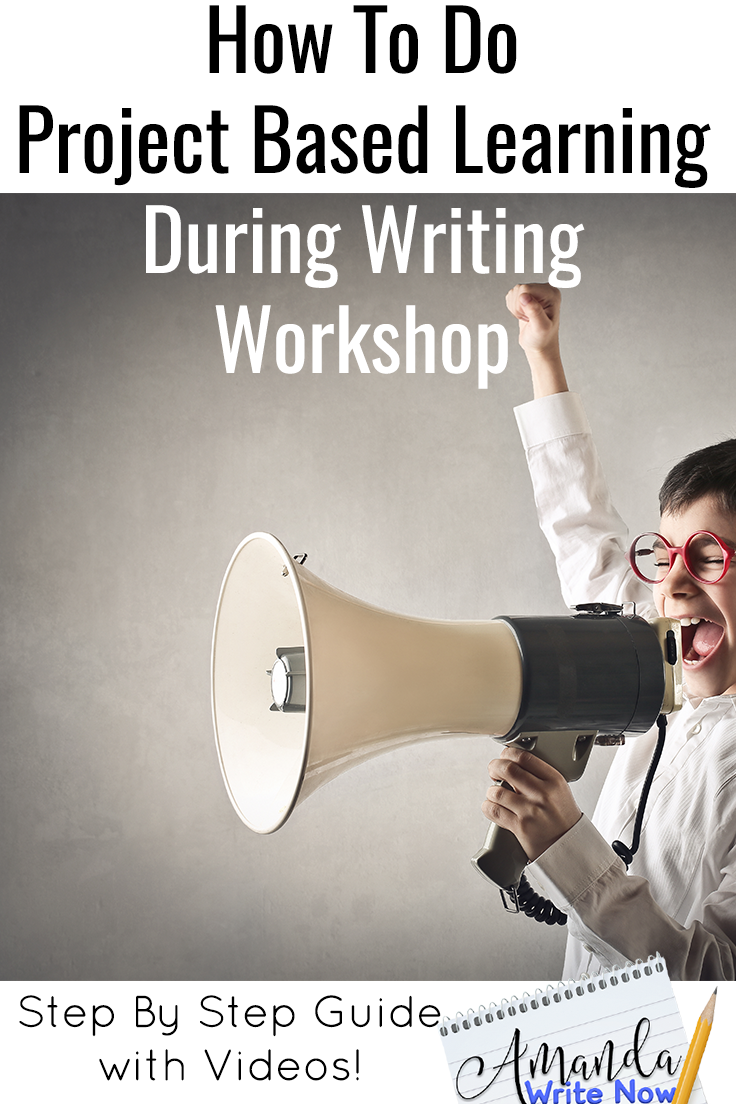
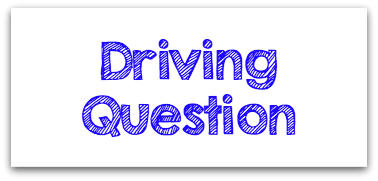
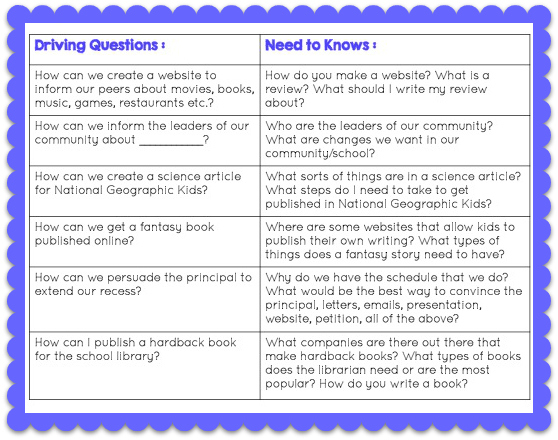
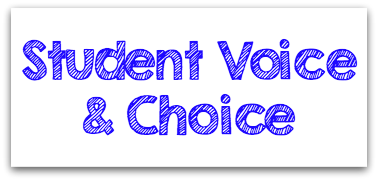
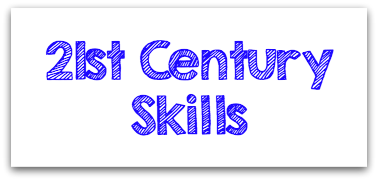
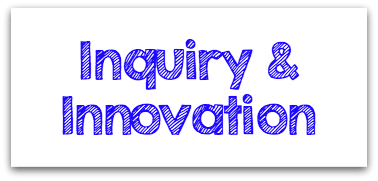
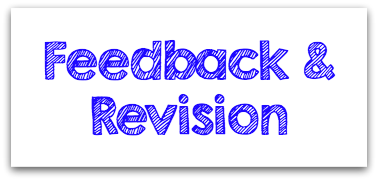
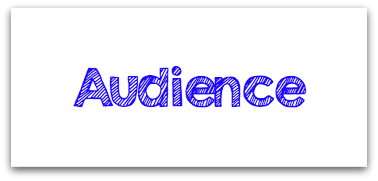
0 Comments